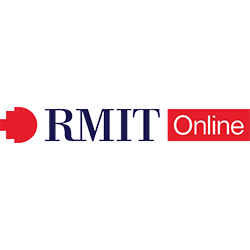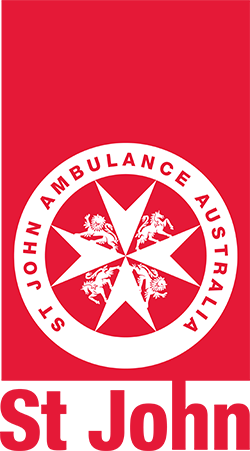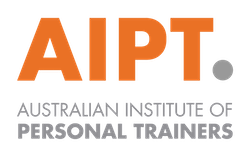In this post
- How to become a counsellor in Australia
- Study relevant counselling qualifications
- Getting professional counselling accreditation in Australia
- Starting your counselling career
- Considering whether a counselling job is for you
- What does a counsellor do?
- How much does a counsellor earn?
- Counselling skills that you need to succeed
- Browse Counselling Results
How to Become a Counsellor in Australia 2025: the Ins and Outs of This Fulfilling Role
In this post Show
- How to become a counsellor in Australia
- Study relevant counselling qualifications
- Getting professional counselling accreditation in Australia
- Starting your counselling career
- Considering whether a counselling job is for you
- What does a counsellor do?
- How much does a counsellor earn?
- Counselling skills that you need to succeed
- Browse Counselling Results
A career in counselling is suited to people who want to support the mental health and wellbeing of others and make a positive difference in people’s lives. Passionate and empathetic counsellors feel rewarded when they see clients tackle challenges in their lives. Counselling in Australia is a much-needed profession that offers strong, well-paying, and flexible employment prospects.
If you’ve been asking yourself: “How do I become a counsellor?” This article has all the answers. From what skills you need, what to study, and what to expect from the counselling industry.
How to become a counsellor in Australia
- Get qualified with a Diploma of Counselling (CHC51015)
- Get professional accreditation by registering with the Australian Counselling Association (ACA) or the Psychotherapy and Counselling Federation of Australia (PACFA)
- Choose an organisation or sector to work in and apply for jobs
Counsellor job description
Counsellors work with clients for short periods of time to help them reflect on and address practical and immediate issues in their lives. These problems could include grief, making difficult transitions (such as a divorce or the birth of a new baby), relationship or career issues, poor self-esteem, and more.
During counselling sessions, counsellors encourage clients to draw and build on their own insights and skills to solve these issues and return to a better state of emotional wellbeing.
Study relevant counselling qualifications
In Australia, counselling is not a regulated profession, meaning that there are no particular qualifications or accreditations required to become a counsellor. Although some states (including NSW, VIC, QLD and SA) do require that counsellors abide by a code of practice, which is provided by the Australian Counselling Association (ACA).
That said, studying counselling in Australia is an important step towards becoming a professional in the field. A career in counselling is not the role to dive blindly into. Counsellors are responsible for the wellbeing of their clients (as well as their own wellbeing). If they’re underprepared for the job then they will not be capable of looking after their clients or themselves responsibly.
A qualification shows prospective clients and employers that you understand what the job entails, and how to do it effectively and ethically. Courses will also give you practical experience while you’re still learning, so you’ll be fully prepared for the workforce upon completion.
Which counselling course is right for you?
There are many different study options available for those wanting to pursue counselling, all at different qualification levels. Before studying counselling, it is important to know which course is right for you.
A popular counselling certification is a one-year Diploma of Counselling (CHC51015) which can be studied at a TAFE or other vocational training provider. This counselling qualification is required for professional accreditation and to start your own accredited counselling practice.
However, many advertised counselling jobs require a three-year undergraduate degree such as a Bachelor of Counselling, or a Bachelor of Community Services with a counselling major. Postgraduate qualifications such as a graduate diploma or a masters degree are available for those with existing qualifications.
Ongoing professional development is also recommended throughout your career so you are always up to date with the latest skills and code of practice.
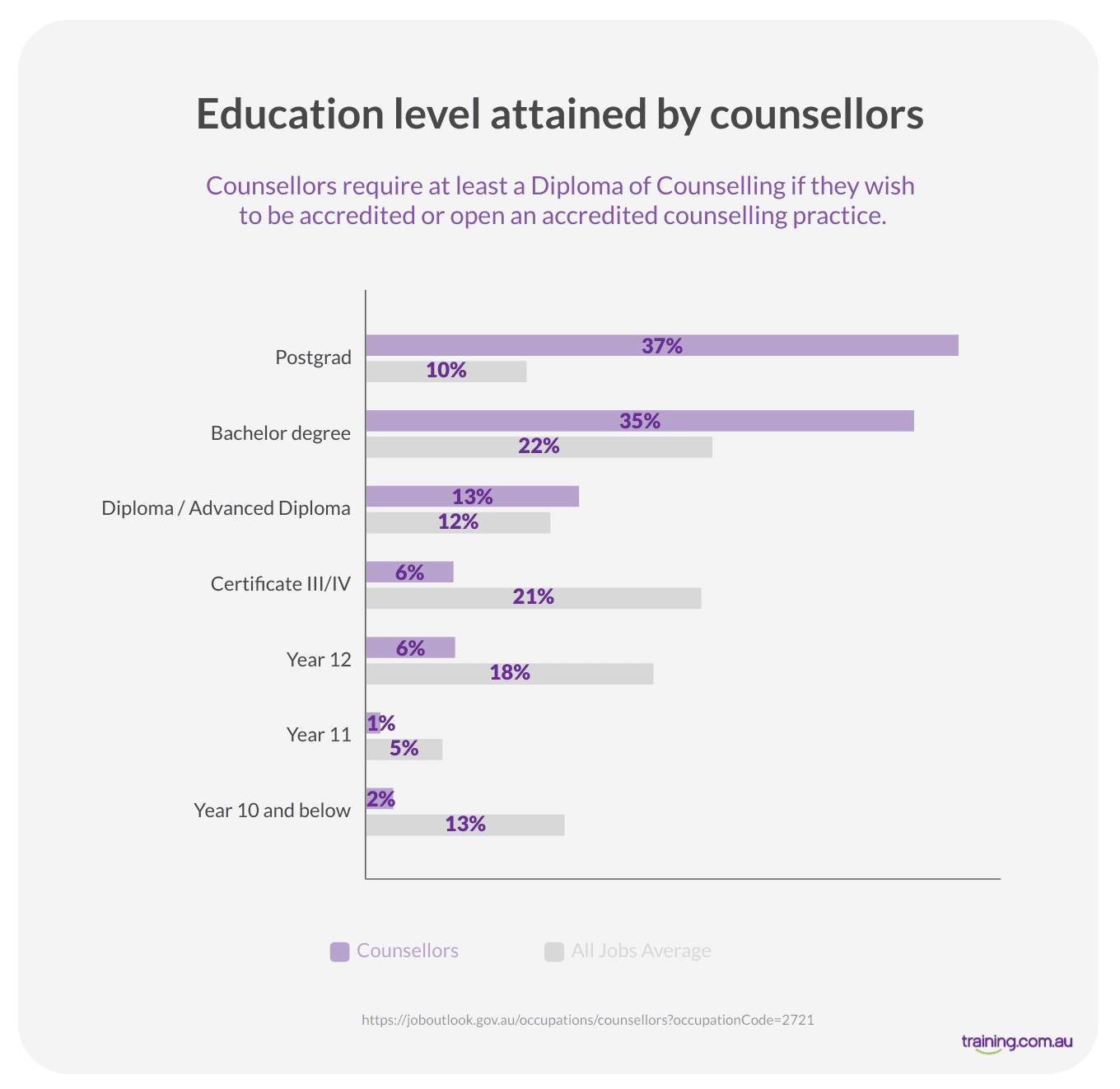
Getting professional counselling accreditation in Australia
As counselling is an unregulated field, counsellors don’t technically need accreditation to practice as a professional counsellor. However, it’s a good idea to become a member of a professional counselling group such as the Australian Counselling Association (ACA) or the Psychotherapy and Counselling Federation of Australia (PACFA) which accredits counsellors and psychotherapists.
Accreditation is well-regarded in the field. It will improve your employment opportunities and your reputability, along with offering you affordable professional insurance, and further education and training.
Starting your counselling career
Once you’re an accredited and qualified counsellor, you can seek counselling careers in a diverse array of organisations and industries, such as:
- Schools and universities
- Workplaces
- Community healthcare centres
- In-patient settings
- Welfare agencies
- Aged care settings
- Palliative care settings
- Settlement services for refugees
- Crisis phone lines
Many counsellors also work in private practice, either on their own or as part of a practice team. Counsellors working in private practice are self-employed and offer services to members of the general public.
5 Types of Counselling Jobs | The Essential Guide
Counselling is an important profession in supporting Australia’s wellbeing. It also provides well-paying, flexible job opportunities, with plenty of existing and expected future demand for counsellors through a diverse range of settings. Learn more about five types of counselling jobs.
Considering whether a counselling job is for you
Nobody can be a perfect counsellor without some experience and training in counselling skills and conflict resolution. It’s worth thinking about whether the job appeals to you and builds on your natural talents and temperament.
Should I become a counsellor or a psychologist? Read all about the two different fields, qualifications and nitty-gritty details.
What does a counsellor do?
So, what does a counsellor do in their day to day job? It’s a role that typically varies and you’ll find no two days are the same. But there are some common counselling responsibilities you can expect to undertake:
- Talking to clients one-on-one about the issues they’re facing, employing empathy and sensitivity.
- Offering mediation or discussion opportunities for groups of clients, such as in family or couples therapy, or in facilitating support groups.
- Offering specific types of therapies such as cognitive behavioural therapy (CBT).
- Working with health professionals and other community service workers to assist with patient treatment plans.
- If you’re self-employed, duties related to running your own business such as marketing, invoicing, maintaining a counselling room, and responding to enquiries.
- Services offered by counsellors tend to be time-limited to a specific number of weeks or sessions.
Counsellors can have a range of different specialisations such as:
- Mental illness counselling and case management
- Alcohol and/or substance abuse counselling
- Trauma counselling
- Family or relationship counselling, and conflict resolution
- Being a university or school counsellor for young people
- Rehabilitation counselling – working with clients in healthcare settings after they’ve been impacted by an injury or health condition.
How much does a counsellor earn?
According to Labour Market Insights (previously known as Job Outlook), full-time counsellors make on average $1,652 per week, which is a little over the average national wage. A counsellor’s salary will grow over time as they gain more experience.
Counsellor salary varies depending on the position and field the counsellor works in. Some of the highest paying counselling fields are:
- Genetic counselling
- Family and relationship counselling
- Substance abuse counselling
- Mental health counselling
- Guidance counselling
- Financial counselling
There is very strong expected future jobs growth in the industry as more funding is invested into supporting the population’s mental health. Counselling is also a good profession for people looking to maintain work/life balance – 49% of counsellors work part-time or casual.
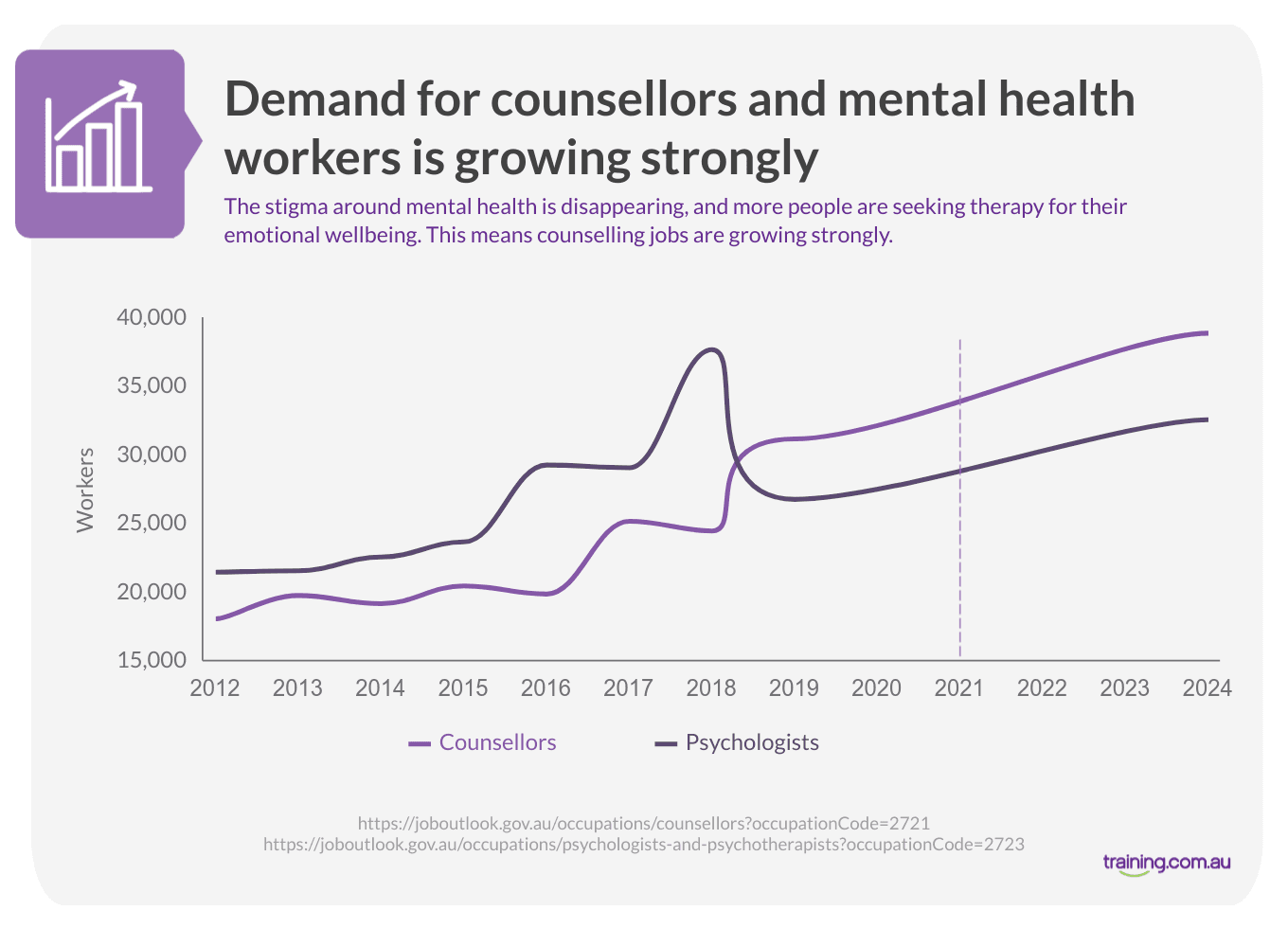
$1,652
AVERAGE FULL-TIME COUNSELLOR WAGE (PER WEEK)
49%
OF COUNSELLORS WORK PART TIME OR CASUAL
Counselling skills that you need to succeed
Counsellors require certain skills and traits to thrive in what can be a challenging environment. Caring people tend to innately have the soft skills required to become a counsellor already, which makes them great for the role.
Counselling skills you may already have are:
Empathy, open-mindedness, and compassion
Caring about your clients, understanding their point of view, and allowing them to share whatever is on their mind without fear are key ways counsellors meaningfully relate to clients and build trust and rapport.
Communication skills
Counsellors need to be clear, sensitive communicators who build meaningful relationships. It’s important to choose your words carefully, especially when working with vulnerable populations. Strong communication also involves nonverbal communication skills, such as positive body language and having a calm, professional tone.
Patience and tenacity
Sometimes clients require a long time to make positive changes in their life. Counsellors need to keep supporting them, and not let frustration or burn out impact their relationship with their client.
Professionalism
Although counsellors need to be empathetic and draw on their own life experience, they need to maintain professional boundaries so they’re not sharing excessive information about themselves with clients, or taking their work home at the end of the day. They’ll have a self-care practice and will be prepared to ask others – such as a supervisor – for advice, or to debrief on difficult sessions. They’re also committed to upholding the legal and ethical responsibilities of a counsellor, ensuring their conduct is always appropriate and constructive.
Counselling is a rewarding and fulfilling career that positively impacts other people’s lives. Does counselling sound like it could be the career for you? Find out seven things professional counsellor, Amber Rules, wishes she knew before entering the field, or read the comprehensive guide on how to become a counsellor in Australia.
7 Things I Wish I Knew Before Becoming a Counsellor
Gain insights about this challenging yet rewarding field from professional counsellor Amber Rules.
Becoming a Counsellor in Australia: Your One-Stop Guide
Discover a resource library that can take you from A to B on your journey to becoming a counsellor. From figuring out what specialisation to choose, to insights from professional counsellors, this guide has everything you need.
Browse Counselling Results
Certificate IV in Kitchen Management (Geelong Only) SIT40521
Are you an experienced industry professional looking for more than a standard cook’s qualification or dreaming of managing a professional kitchen? This course will equip you with the skills for both! You will learn all facets of organising a profession...
Certificate III in Retail SIR30216
Get ready to deliver excellent customer service with our nationally recognised SIR30216 Certificate III in Retail. Arm yourself with industry essential skills to engage the customer, work as part of a team, manage feedback and complaints, and deliver q...
Certificate IV in Interior Decoration MSF40122
This nationally recognised MSF40122 Certificate IV in Interior Decoration will help you turn your individual style into an exciting and creative career. Learn the skills to establish a successful career within the industry and open up a range of divers...
Certificate III in Individual Support (Disability) CHC33021
The disability sector is a fulfilling and interesting place for individuals who care about the rights and independence of others, and who are looking for a potentially flexible and stable career. The CHC33021 Certificate III in Individual Support (Disa...
Certificate III in Individual Support (Ageing) CHC33021
Get started in a career in aged care and learn the practical skills and knowledge needed to provide individual support to elderly clients. Open Colleges’ online Certificate III in Individual Support (Ageing) is an entry-level qualification that c...
Certificate IV in Social Media and Digital Marketing 11302NAT
Thinking of turning your time scrolling into a career? Studying the Certificate IV in Social Media and Digital Marketing will give you a foundation in using a wide range of social media tools and platforms. It’s the secret sauce for landing an entry-le...
User Interface Design
User Interface Design is a mindset and developmental process which involves creating user-friendly, aesthetically pleasing, digital interfaces. With a human-centred approach, UI designers prioritise “Designing things right” by incorporating...
User Experience Design
In an age where people’s attention spans are finite and user expectations run high, digital products and services can no longer thrive without consideration of their intended audience. UX is a mindset and human-centered process that focuses on...
Project Management for Professionals
As the complexity of our systems of work and delivery increase now and into the future, project management skills have become essential for life and work for most professionals — not just traditional project managers. Our Project Management for Profess...
Implementing Digital Marketing Campaigns
It’s official! Digital advertising spend in Australia is now bigger than TV, print and radio combined, according to IAB Australia. Facebook and Google continue to dominate the landscape with the ACCC estimating that 71 cents of every dollar spent on di...
Digital Marketing Strategy
With the rise of new digital platforms like Uber and freelancer.com, and an increasingly competitive and globalised business market, it’s never been more important to understand audience targeting, how to grow your brand, and how to optimise and measur...
Digital Graphic Design
Digital graphic design has been forecast by seek to grow 12.9% in the next 5 years. It is a unique and valuable skillset that allows you to tackle complex design challenges and create aesthetic, meaningful solutions that are both responsive and useful....
Developing AI Strategy
With 31% of enterprises expected to add AI into their strategy over the next 12 months (Adobe), it’s never been more important to upskill. Today’s neural networks and machine learning algorithms are more likely to drive an autonomous car, analyse prope...
Content and Social Media Marketing
With the amount of content that each of us are bombarded with increasing each day, how do you cut through the noise and stand out from the crowd? Content and social media marketing are at the heart of how many entrepreneurs and businesses connect with...
Business Analytics with SQL and Python
Business analytics is the process in which data is obtained, cleaned, and presented by teams and organisations to drive useful predictions and insights. Two ways in which businesses do this is through SQL and Python. SQL, or Structured Query Language,...
Business Analytics and Visualisation
Business analytics and visualisation utilises data to draw insights, helping inform a business’ decisions with improved accuracy and efficiency. In today’s era of customer-centricity, it’s vital that organisations use data to drive unique and valuable...
Certificate IV in Leadership and Management (VIC Only) BSB42015
This program provides participants with the essential knowledge and skills to undertake management positions. This includes assuming responsibility for their own performance, providing leadership, guidance and support to others. Our Promise Develop the...
Certificate IV in Business (Leadership) BSB40120
Advance your business career with nationally recognised leadership training The BSB40120 Certificate IV in Business (Leadership) provides you with the practical skills and theoretical knowledge to step up into leadership roles either in your current wo...
Certificate IV in Business (Business Administration) BSB40120
Advance your administrative career with a nationally recognised qualification The BSB40120 Certificate IV in Business (Business Administration) gives you the administrative knowledge and skills to climb the ladder in your existing organisation or apply...
Diploma of Sport, Aquatics and Recreation Management SIS50122
Turn your business acumen and passion for sports into a career with the Diploma of Sport, Aquatics and Recreation Management. If you have a passion for sports and a strong head for business, the SIS50122 Diploma of Sport, Aquatics and Recreation Manage...
Online courses also available
Latest Articles
Agriculture Careers: What You Should Know in 2025
As one of Australia's most important industries, the agriculture industry offers great career opport...
Are Digital Skills the Key to Job Security in 2025?
The digital revolution is here, and it doesn’t care if you have a technical job or not — it’s coming...
How to Become a Chef in Australia: Complete Guide for 2025
The complete guide to becoming a chef in Australia. Learn how to get your start and make it in the h...




